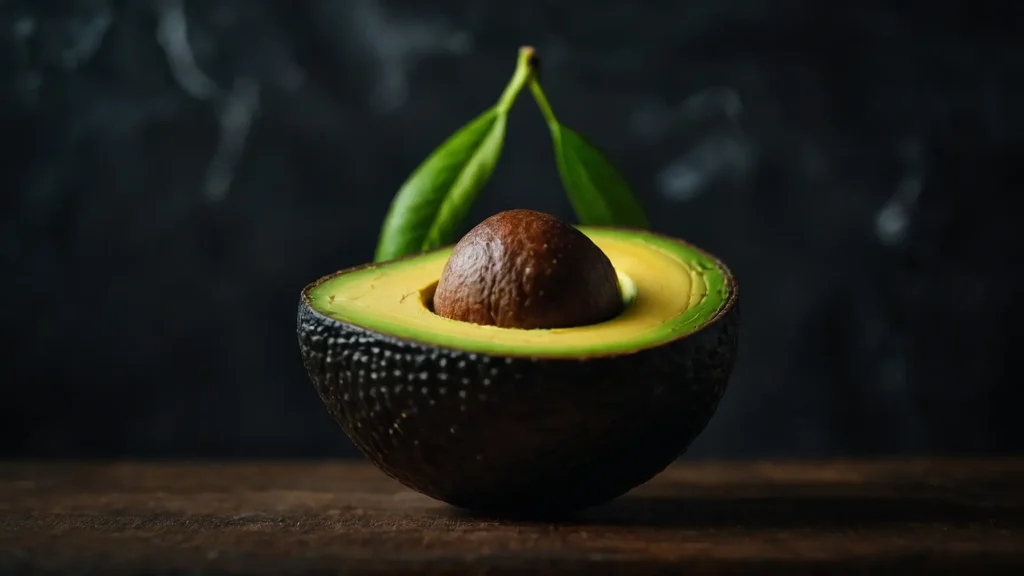Can Dogs Eat Avocado?

The question of whether dogs can eat avocado is one that has puzzled pet owners for years. Avocados, with their rich, creamy texture and nutritional profile, are a staple in many households. Known for being high in fiber, potassium, and healthy fats, they are often considered a superfood for humans. But when it comes to our canine companions, the answer isn’t as straightforward. The internet is rife with conflicting advice, leaving pet owners scratching their heads. This blog post aims to shed light on this topic, drawing on scientific evidence and veterinary advice to offer a clear perspective. We’ll explore the benefits and potential risks of feeding avocado to dogs, compare it with other fruits commonly considered safe for canine consumption, and provide a rounded view to help you make informed decisions about your dog’s diet.
Is Avocado Good for Dogs?
Avocados contain a wealth of nutrients that can be beneficial for dogs, in theory. They are rich in vitamins A, C, E, and B6, all of which are essential for maintaining a healthy immune system, skin, and coat. The monounsaturated fats in avocados can help support your dog’s coat, making it shinier and healthier-looking. The presence of fiber aids in digestion, promoting gastrointestinal health. Furthermore, avocados are loaded with potassium, which is vital for heart health and proper muscle function.
However, it’s important to approach the topic of feeding avocados to dogs with caution. The benefits must be weighed against the potential risks, which we’ll delve into in the next section. While the nutritional advantages make avocados seem like an appealing addition to your dog’s diet, it’s essential to consider the whole picture. Moderation is key, and consulting with a veterinarian before introducing new foods into your pet’s diet is always advisable.
Is Avocado Bad for Dogs?
Despite the nutritional benefits, avocados pose significant risks to dogs that cannot be overlooked. The primary concern is a toxin called persin, found in the leaves, pit, and skin of the avocado plant. Persin is harmful to some animals, though dogs are generally less affected. However, ingestion of large amounts of persin can lead to vomiting, diarrhea, and myocardial damage in sensitive dogs. The pit poses a choking hazard and can lead to intestinal blockage if swallowed, which is a serious medical emergency.

Furthermore, the high fat content in avocados, although healthy, can be problematic for dogs, especially those prone to pancreatitis. Feeding dogs high-fat foods can trigger this painful condition, characterized by inflammation of the pancreas. Given these risks, the decision to include avocado in your dog’s diet should be made with caution and under veterinary guidance.
Are Other Fruits Safe For Dogs?
In contrast to the caution advised with avocados, other fruits such as strawberries, apples, and bananas are generally considered safe and can be beneficial for dogs when given in moderation. Strawberries are low in calories and high in fiber and vitamin C, making them a healthy treat. Apples, with their vitamin A and C content, are good for your dog’s skin and coat health, though the seeds should be avoided due to cyanide content. Bananas are a great low-calorie treat, rich in potassium, vitamins, biotin, and fiber, which can aid in digestion and heart health.
However, as with any treat, these fruits should be given in moderation. Overfeeding can lead to gastrointestinal upset or weight gain. Always introduce new foods gradually and in small quantities to monitor your dog’s reaction. Removing seeds and cores from apples and cutting fruits into manageable pieces to prevent choking are recommended practices for safely including these fruits in your dog’s diet.
Final Thoughts
When it comes to feeding your dog avocado, the question ‘Can Dogs Eat Avocado?’ requires a nuanced understanding of the potential benefits and risks. While avocados can offer nutritional benefits, the risks associated with persin and the high fat content make them a food to approach with caution. Consulting with a veterinarian is crucial before making any significant changes to your pet’s diet, including the introduction of new foods like avocado.
On the other hand, safer fruit options like strawberries, apples, and bananas can provide variety and nutritional benefits to your dog’s diet when offered in moderation. Remember, the health and safety of your pet should always come first. By making informed decisions about your dog’s diet, you can ensure they enjoy a balanced, healthy, and happy life.










